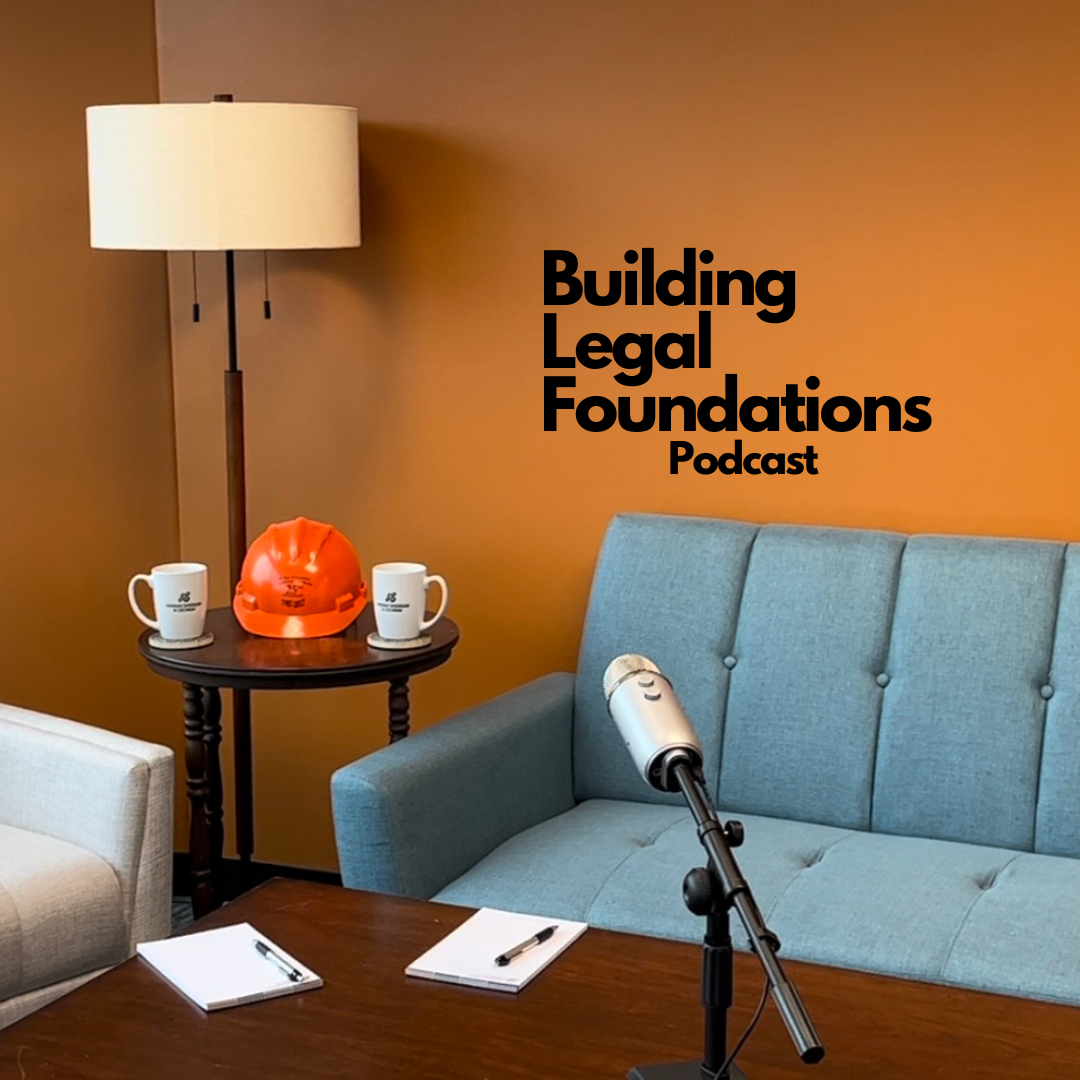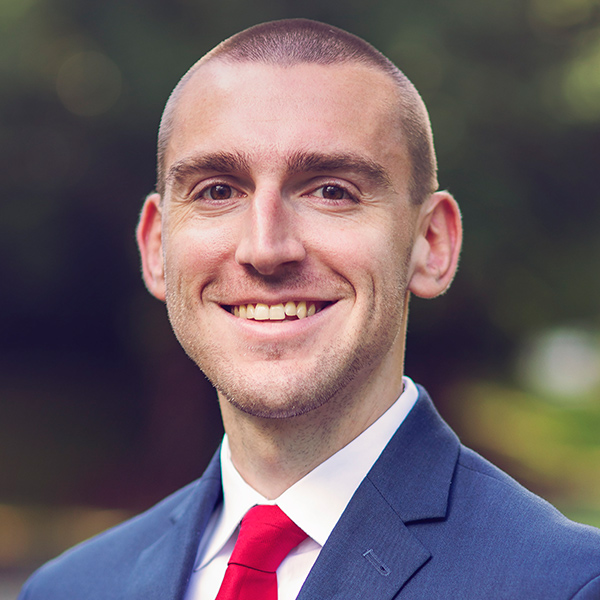Hannah Sheridan & Cochran's own podcast, previously available via Spotify, is now available to listen…
PROFESSIONS, PROFESSIONALS AND THE AGING POPULATION
Nan Hannah recently spoke as part of two separate panels at the Georgia Chief Justice’s Commission on Professionalism’s Convocation on Professionalism addressing the issues created by aging lawyers. Ms. Hannah served as the founding chair for the North Carolina Bar Association’s (NCBA) Transitioning Lawyers Commission (TLC). Through TLC, the NCBA is a national leader in addressing issues related to cognitive impairment and the aging of the legal profession.
Over the past three years, legal and medical professional organizations have been asking how they can address an issue often referred to as the “Gray Tsumami.” In the next decade, the baby boomers who make up a large percentage of the work force will reach retirement age. Speaking specifically about lawyers, some have prepared better than others for the inevitability of death or disability. Others seem convinced that they are immune to either of these possibilities, or, having determined that they have not saved sufficiently to permit them to stop working, decide that they simply will work until they die. There is an issue that these folks are failing to consider – their competency to practice past a certain point.
Among those things which are inevitable in life, the human brain and body begin to slow down as we age. It is fairly easy to convince yourself that you are “as sharp as you’ve ever been,” but that is rarely, if ever, the case. If you enter into conversations about aging and work, you will hear the stories about the 100 year old who was still practicing and practicing competently. Those stories can be true, but those individuals are rare.
For doctors, the standard phrase heard is “the first rule is to do no harm.” Lawyers are much the same. Our first duty is to our clients and to the legal system. Hanging on too long puts your clients and the public welfare at risk. Most lawyers are justifiably proud of the reputation developed over years of practice and their standing in the community. The last thing any of us wants is to receive a grievance letter from the State Bar and to end our career negotiating a quiet exit under that cloud.
There are resources available to lawyers and to anyone else who recognizes the need to think about how to ease into retirement and how to close or transition a business. The first step is to ask.



